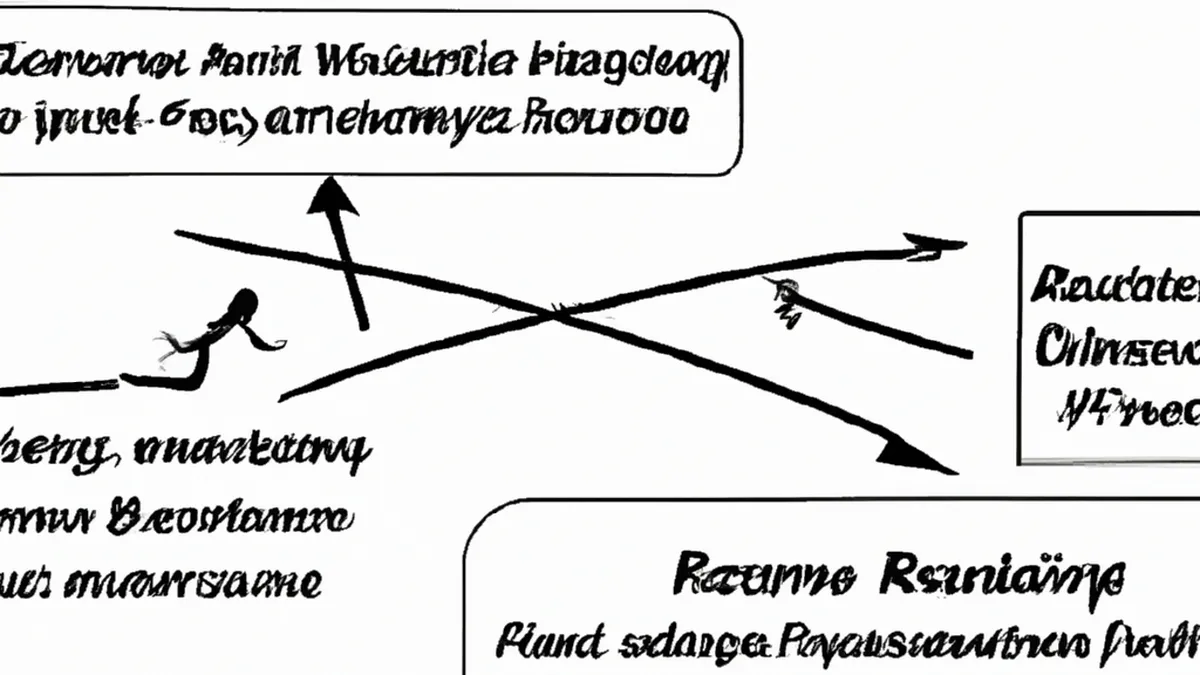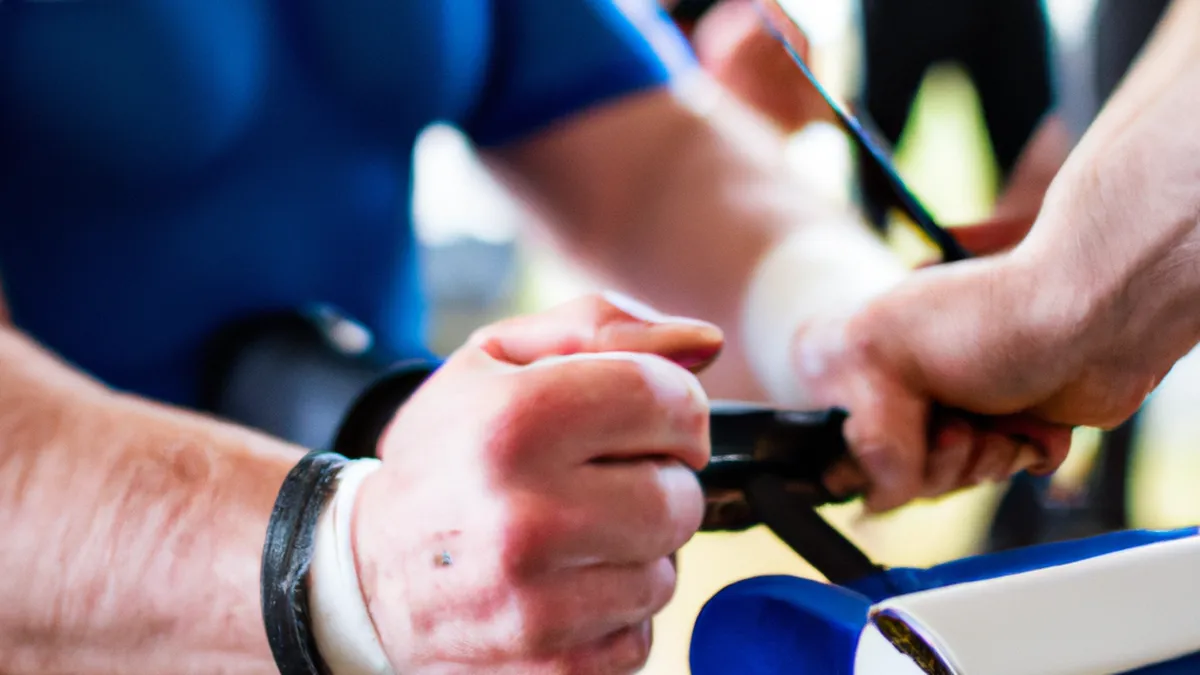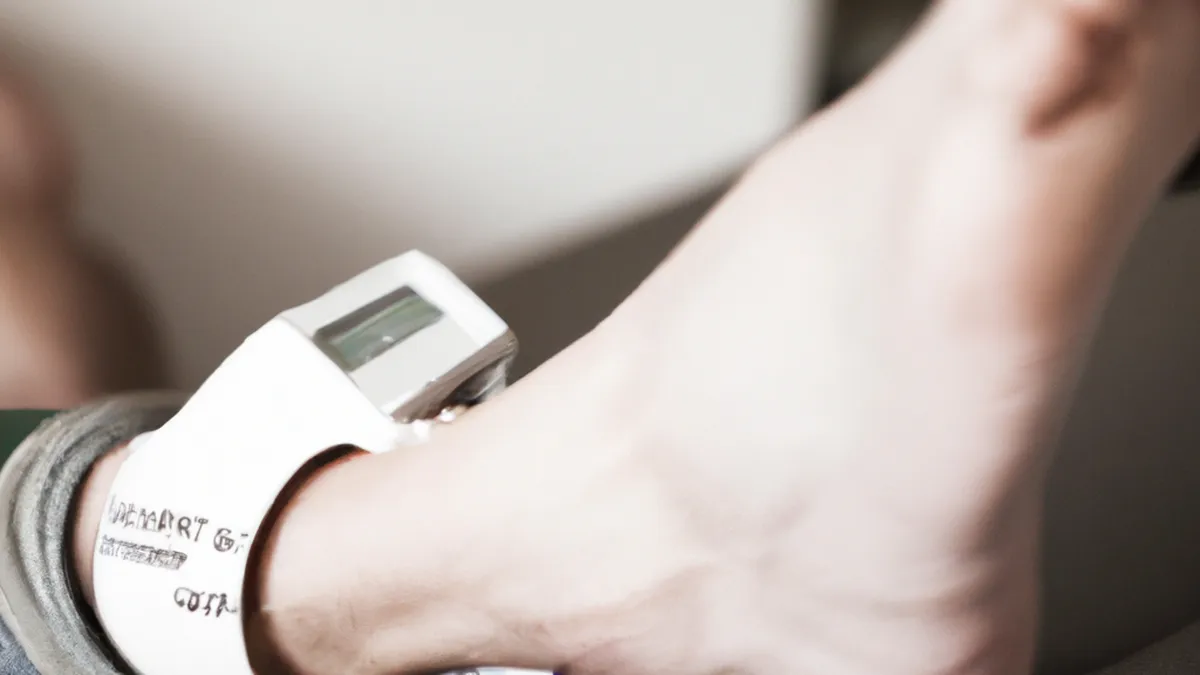Recover Better by Analyzing Your Running Form
Running Form Analysis: How to Avoid Re-Injury
Running keeps you fit and healthy while providing many physical and mental benefits. Unfortunately, many runners suffer injuries that sideline them for weeks or months. Understanding and improving your running form can help prevent these injuries. This blog post explains how analyzing your running form can enhance your performance and avoid re-injury.
Understanding Running Form
Running form includes essential elements: posture, stride, foot strike, and arm movement. Each component affects your efficiency and the stress on your body.
Posture
Posture forms the foundation of your running form. An upright posture with a straight spine allows effective impact absorption. Runners with poor posture often experience back pain. Slouched shoulders or a tilted head create misalignments that lead to injuries over time.
Stride
Stride describes the length and frequency of your running steps. An overly long stride causes overstriding, placing excessive stress on joints. This increases the likelihood of injuries like shin splints and runner’s knee. A shorter, quicker stride improves shock absorption and running efficiency.
Foot Strike
Foot strike varies among runners. Some runners land on their heels, while others land on their midfoot or forefoot. Each foot strike type affects injury risk and running mechanics. Heel striking increases impact force on joints, while midfoot and forefoot striking promotes better alignment and less impact.
Arm Movement
Arm movement may seem secondary, but it significantly influences running form. Your arms help maintain balance and momentum. Bend your elbows at about a 90-degree angle and swing them back and forth. This technique enhances balance and contributes to overall running efficiency.
Analyzing Your Running Form
To analyze your running form, record yourself while running. Use a smartphone or camera to capture videos from various angles, focusing on posture, stride, foot placement, and arm movement. Visual feedback helps identify areas for improvement.
Alternatively, seek professional help for deeper insights. A running coach or physical therapist can assess your form comprehensively and offer tailored advice. They may use motion analysis software to provide a detailed breakdown of your running mechanics.
Tips for Improving Running Form
1. Maintain Proper Posture
Start by maintaining an upright posture. Stand tall, keep your shoulders back, and align your head with your spine. Look forward, not down at your feet, to avoid leaning forward and compromising your balance.
Conclusion
In summary, understanding and improving your running form can significantly reduce injury risk and enhance performance.
Below are related products based on this post:
FAQ
What are the essential elements of running form that can affect my performance?
The essential elements of running form include posture, stride, foot strike, and arm movement. Each component plays a crucial role in your efficiency and the stress placed on your body, influencing your overall performance and injury risk.
How can I analyze my running form effectively?
You can analyze your running form by recording yourself while running using a smartphone or camera. Capture videos from various angles to focus on aspects like posture, stride, foot placement, and arm movement. Alternatively, you can seek professional help from a running coach or physical therapist for a more comprehensive assessment.
What is the importance of maintaining proper posture while running?
Maintaining proper posture is vital as it forms the foundation of your running form. An upright posture with a straight spine allows for effective impact absorption and helps prevent injuries like back pain, which can result from misalignments caused by poor posture.















Post Comment